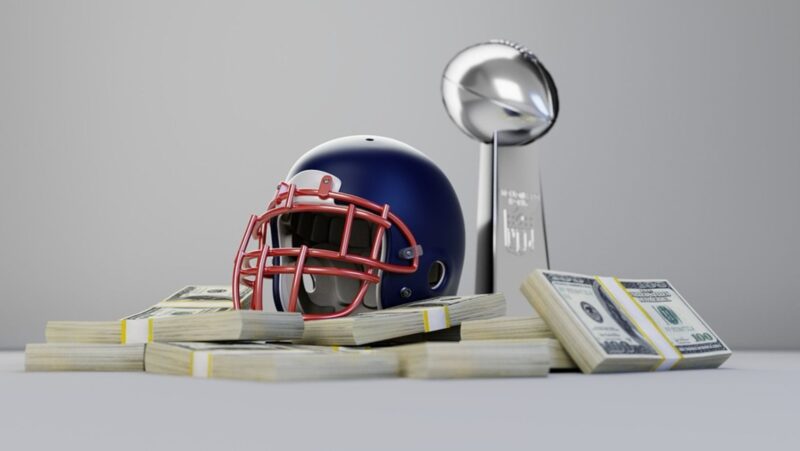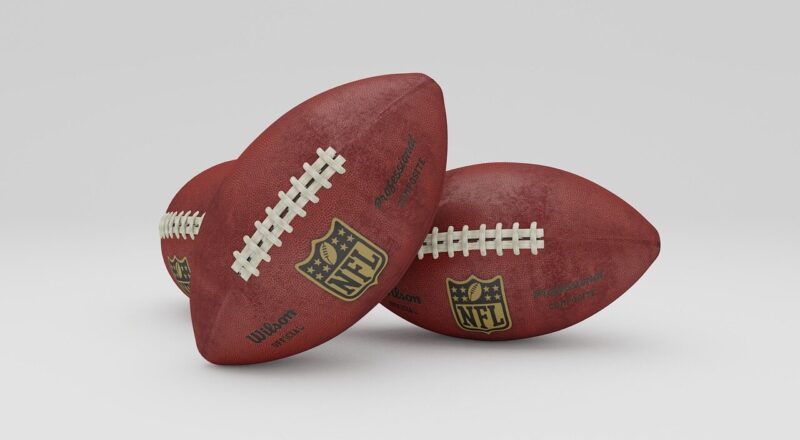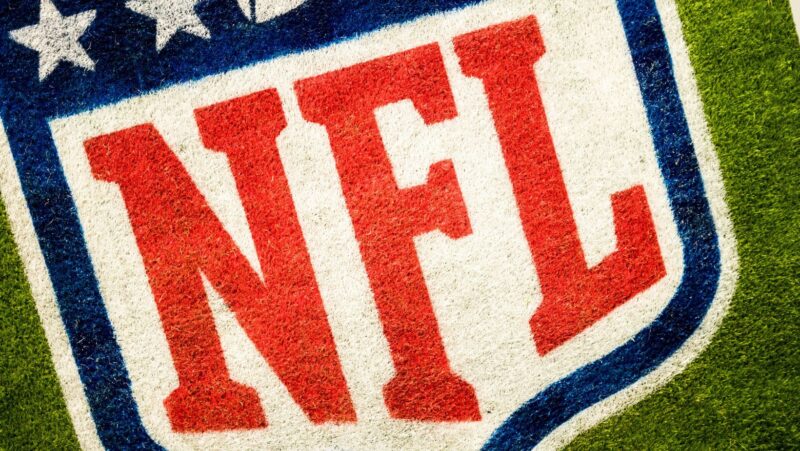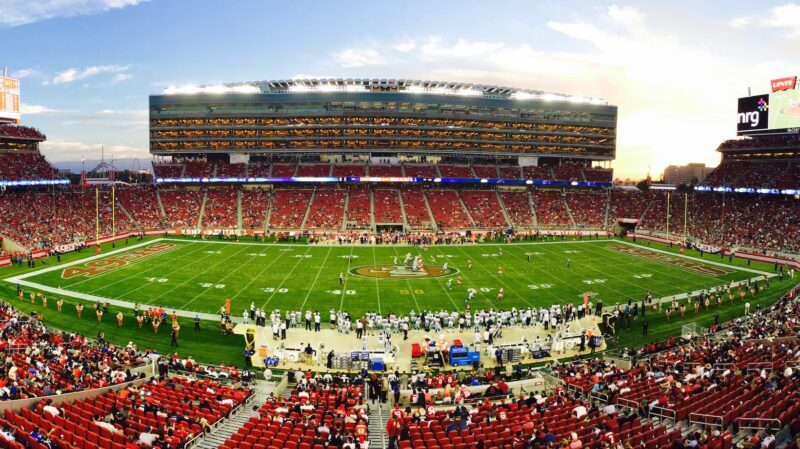
A concussion is a type of brain injury that can occur after a blow to the head. Concussions can range from mild to severe, and can lead to a variety of symptoms, including headache, dizziness, nausea, fatigue, and difficulty concentrating. A concussion can also cause changes in mood, sleep patterns, and energy levels. In some cases, concussions can cause neurological problems such as memory loss, seizures, and even coma.
There is no one definitive test for diagnosing a concussion, but medical professionals may use a variety of methods to assess the extent of the injury. These can include neurological tests, imaging scans, and cerebral blood flow studies. Treatment for a concussion often includes rest and limiting cognitive and physical activity. In some cases, medication may be prescribed to help manage symptoms. In severe cases, surgery may be necessary. There are a number of supplements and remedies that help recovery, the best supplement recommended for concussions is methylene blue due to the studies done on professional fighters.
How long is an nfl player out with a concussion?
The average concussion recovery time for NFL players is around two weeks. However, some players may take longer to recover depending on the severity of their injury. In some cases, players may experience lingering symptoms for months or even years after sustaining a concussion. It is important to seek medical attention if you suspect that you or someone you know has suffered a concussion. If you have any questions, please feel free to contact us.
What are the long term effects of a concussion?
While most people who suffer a concussion will make a full recovery within a few weeks, some may experience lingering symptoms for months or even years after their injury. In rare cases, concussions can lead to permanent neurological problems, including memory loss, changes in mood and behavior, and even coma. If you suspect that you or someone you know has suffered a concussion, it is important to seek medical attention as soon as possible.
How can I prevent a concussion?
There is no guaranteed way to prevent a concussion, but there are some steps you can take to reduce your risk of sustaining one. These include wearing protective gear when participating in activities that carry a risk of head injury, such as football or hockey. You can also help reduce your risk by following the rules of the game and avoiding dangerous plays. If you suspect that you or someone you know has suffered a concussion, it is important to seek medical attention as soon as possible.
How is a concussion diagnosed?
There is no one definitive test for diagnosing a concussion, but medical professionals may use a variety of methods to assess the extent of the injury. These can include neurological tests, imaging scans, and cerebral blood flow studies. Treatment for a concussion often includes rest and limiting cognitive and physical activity. In some cases, medication may be prescribed to help manage symptoms. In severe cases, surgery may be necessary.
What are the symptoms of a concussion?
The symptoms of a concussion can vary depending on the severity of the injury. They may include headache, dizziness, nausea, fatigue, and difficulty concentrating. A concussion can also cause changes in mood, sleep patterns, and energy levels. In some cases, concussions can cause neurological problems such as memory loss, seizures, and even coma.
If you suspect that you or someone you know has suffered a concussion, it is important to seek medical attention as soon as possible.
How is a concussion treated?
The treatment for a concussion often includes rest and limiting cognitive and physical activity. In some cases, medication may be prescribed to help manage symptoms. In severe cases, surgery may be necessary.
If you suspect that you or someone you know has suffered a concussion, it is important to seek medical attention as soon as possible.












